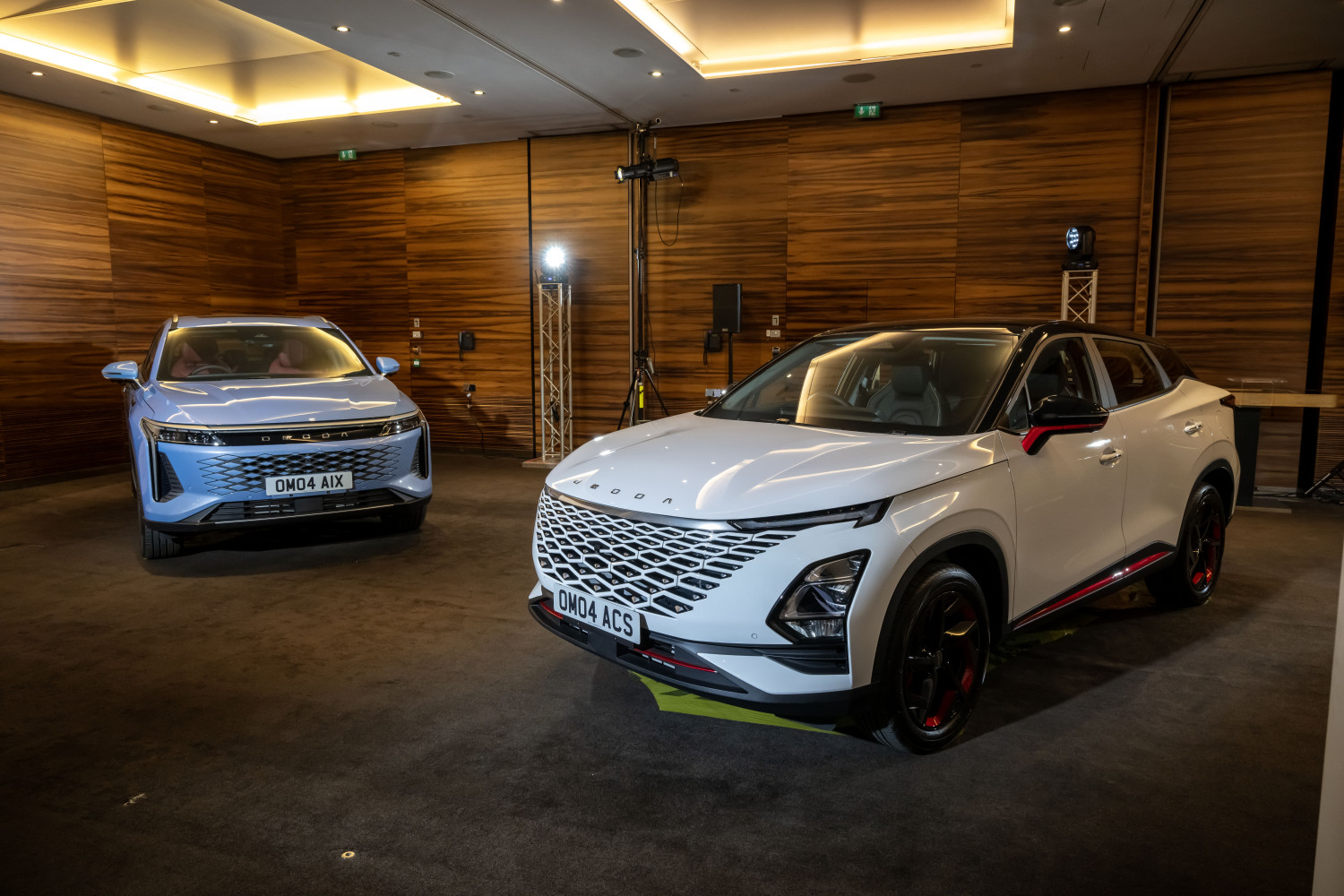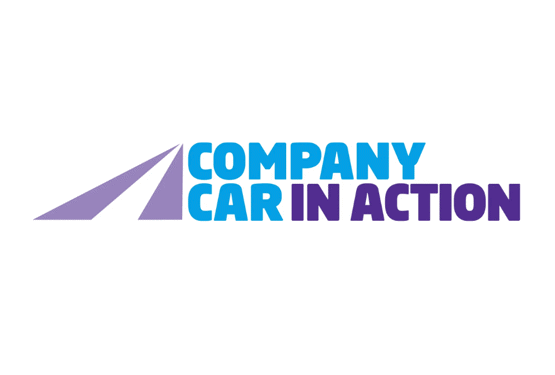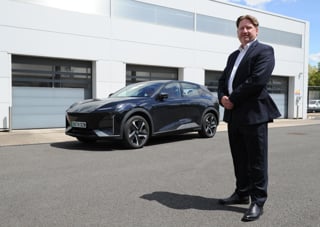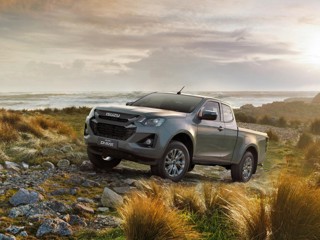Chinese manufacturers say that the threat of tariffs on electric vehicles (EVs), imported to the UK or the EU, will not deter their plans for expansion.
President Joe Biden announced tariffs of 100% on Chinese EVs this week and tripled the rate on steel and aluminium.
He also increased tariffs on solar cells to 50% and said the rate on semiconductors would be doubled from 2025.
Fleet News reported in March how the UK could impose tariffs on Chinese EVs if they are found to have benefited from large state subsidies.
The European Commission has claimed it has evidence the Chinese government is subsidising electric cars exported to Europe through the “direct transfer of funds” and other means.
It launched an investigation into whether Chinese-built EVs are receiving unfair subsidies last September. It is due to conclude by November, although the EU could impose provisional duties in July.
A separate study by the US-based Centre for Strategic and International Studies (CSIS) claimed that China’s central and local governments have subsidised domestic EV businesses to the tune of $100 billion (£78bn) since October 2009.
On giving an update into its investigation in the spring, the Commission said it would now start customs registrations of EVs imported from China, enabling any future tariffs to be backdated, if required.
Chinese manufacturers are accelerating plans to expand into the global market as they seek to forge a sustainable and profitable future.
Faced with an intensely competitive home market, with more than 200 car and van manufacturers jostling for supremacy, Chinese brands are keenly eyeing Europe and the UK as an important growth target.

With no interest in the US market, Chinese carmaker BYD will not be impacted by Biden’s new tariffs. However, with the potential of tariffs being imposed by the UK and EU, Jeanette Griggs, UK fleet sales manager, said: “It’s business as usual until something changes and then we go from there, but we’re competitively priced and I think the UK needs competitively priced vehicles.”
Addressing delegates at the Association of Fleet Professionals (AFP) annual conference, held this week, Griggs told delegates that BYD is also building a manufacturing plant in Hungary, bringing production of its passenger cars to Europe.
Appearing alongside Griggs, Peter Renton, contract hire and leasing manager at Omoda UK, added: “There has also been talk within Omoda, Jaecoo and Chery about opening up production lines and factories here in the UK, and in Europe, to limit our exposure to whatever tariffs come in.
“We’re certainly not here to be a flash in the pan. We’re certainly here for a long time and at the moment we’re not overly worried about the addition of tariffs.”
Chinese manufacturers have also formed strategic partnerships with European carmakers, which could complicate how potential tariffs are imposed.
Stellantis, for example, invested £1.3bn to acquire approximately 20% of Leapmotor, while forming Leapmotor International, a 51/49 Stellantis-led joint venture that has exclusive rights for the export and sale, as well as manufacturing, of Leapmotor products outside China, starting with Europe.
This week it confirmed plans to launch its first cars in the UK in March 2025.
UK transport secretary Mark Harper told SMMT Connected 2024 in March that he understands why some people are concerned about Chinese imports.
But he said that the UK has a “good legal structure”, which will make sure that that “competition is fair and that there's a level playing field”.
He added that the more players that are in the market, “designing good technology, designing exciting cars for consumers, the better”. But he stressed: “The important thing is it's a fair competitive landscape.”
Tariffs can only be set at levels commensurate with the distortion, which analysts expect to be no higher than 25% in the EU.
Rhodium Group, a US consultancy, has calculated that such a level would still leave EU sales more profitable for Chinese companies than domestic ones, and therefore have little impact.
Reports in the FT suggest that the bloc remains split on taking more muscular action against Chinese companies, while also fearing possible retaliation against European businesses.
Chancellor Olaf Scholz warned against tariffs on Chinese cars this week — given the exposure of many German carmakers to Beijing’s retaliation. Scholz was joined by Sweden’s premier Ulf Kristersson, whose national carmaker Volvo is owned by China’s Geely.

























Login to comment
Comments
No comments have been made yet.